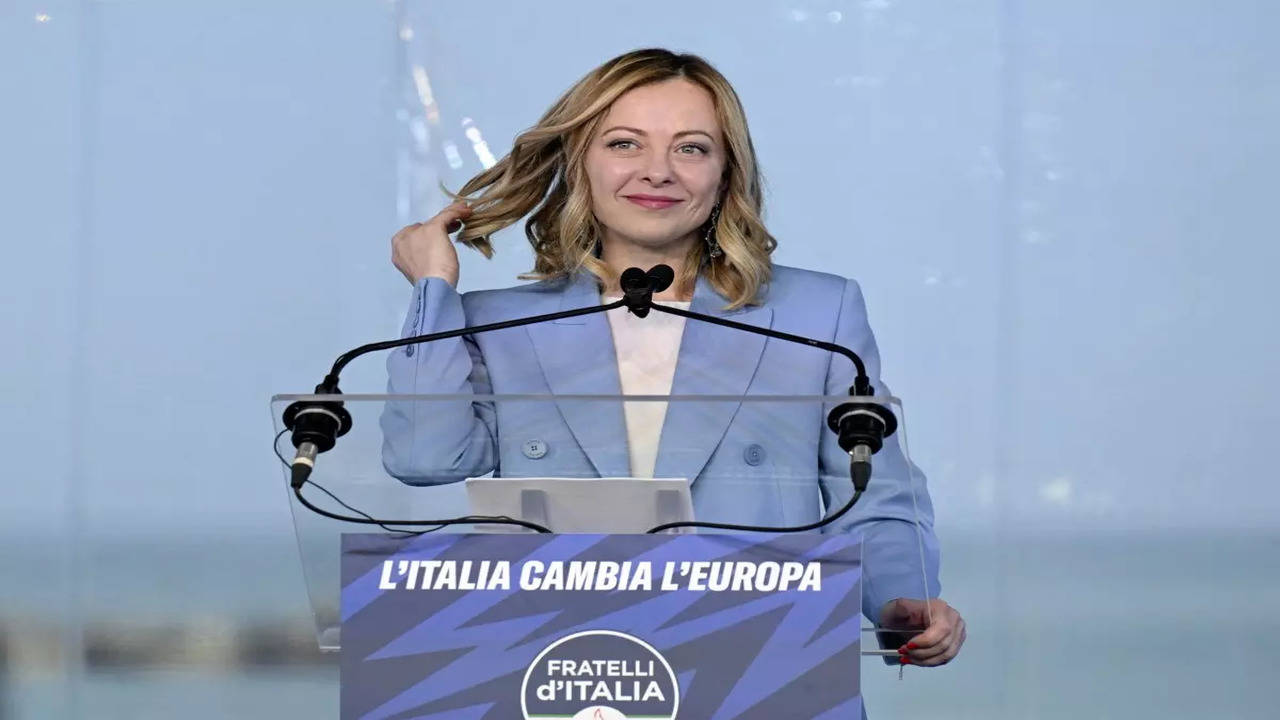Far-right parties made significant advances in the European Union elections on Sunday, with notable victories in France, Italy, and Austria. Germany’s AfD also performed strongly, surpassing Chancellor Olaf Scholz’s SPD. French President Emmanuel Macron and the Greens emerged as significant losers.
Why it matters
Why it matters
- These results indicate a shift in the political landscape of the EU, challenging centrist parties and potentially altering the balance of power in the European Parliament.
- Far-right groups’ success could influence EU policies on immigration, climate change, and security.
The big picture
- Despite the far-right gains, centrist groups in the European Parliament remain relatively stable. The elections saw higher voter turnout compared to 2019, reflecting increased public engagement across the EU’s 27 member states.
- The far-right’s overall impact on lawmaking is expected to be limited due to their inability to form a blocking minority.
What they are saying
- “The far right did well but not excellent — let’s not forget these are second order elections,” said Francesco Nicoli, a visiting fellow at Bruegel think tank.
- Christine Verger of the Jacques Delors think tank added, “We cannot say that this is a very, very significant push as things stand.” Marta Lorimer predicted, “The rising number of far right MEPs will likely have only a limited impact on the EU.”
Between the lines
- Macron’s loss to Marine Le Pen’s National Rally has led him to dissolve the national parliament and call for snap elections. While Macron remains a key player in the EU, his influence within the parliament and the Renew grouping is expected to diminish.
- Experts like Verger believe Macron’s position as a leader of a major EU member state still makes him an important figure on the European stage despite the election setback.
Zoom in
- The European Commission President Ursula von der Leyen appears set to secure a second term, with her party, the European People’s Party (EPP), remaining the largest group in the parliament. Nicoli noted that von der Leyen could rely on the support of the Socialists and Democrats and possibly the Greens or the ECR to get the votes she needs.
- This stability is seen as crucial for dealing with upcoming challenges, including the war in Ukraine, global trade tensions, and climate policies.
Green decline
- The Greens suffered a significant setback, projected to lose around 20 seats in the European Parliament. Nicoli observed, “Greens are the clear losers, and so is Macron,” attributing the losses to shifting voter concerns towards security and cost of living issues following the war in Ukraine.
- Despite this, Green lawmaker Bas Eickhout pointed out the party’s successes in countries like the Netherlands, Spain, Denmark, and Lithuania.
What’s next
- A critical question is whether the two main far-right groups in the parliament — Identity and Democracy (ID) and the European Conservatives and Reformists (ECR) — will unite.
- However, experts like Verger dismiss this possibility, seeing no likelihood of a merger. The elections set the stage for Macron’s response, including the potential impacts of his decision to dissolve France’s national parliament and call for snap elections.
(With inputs from agencies)

